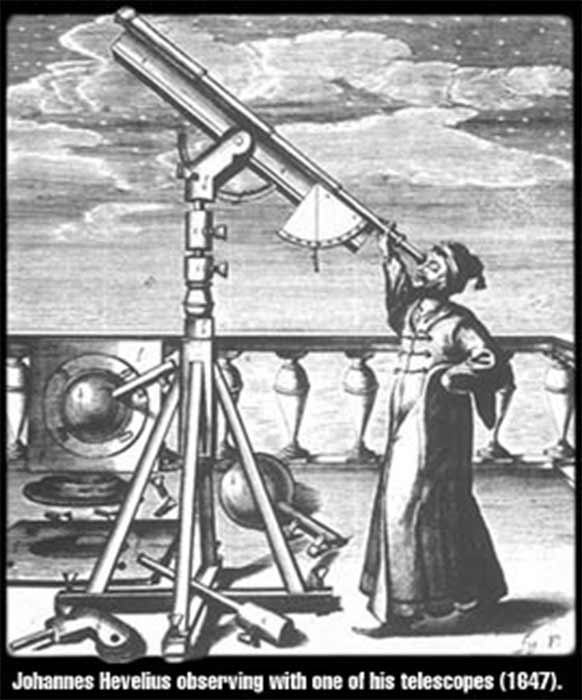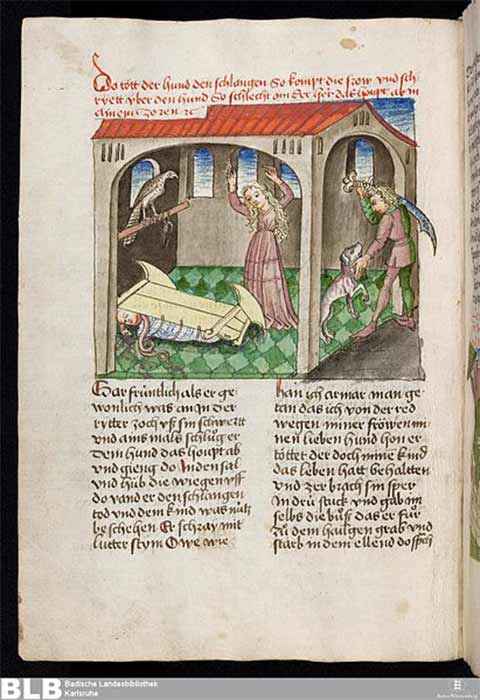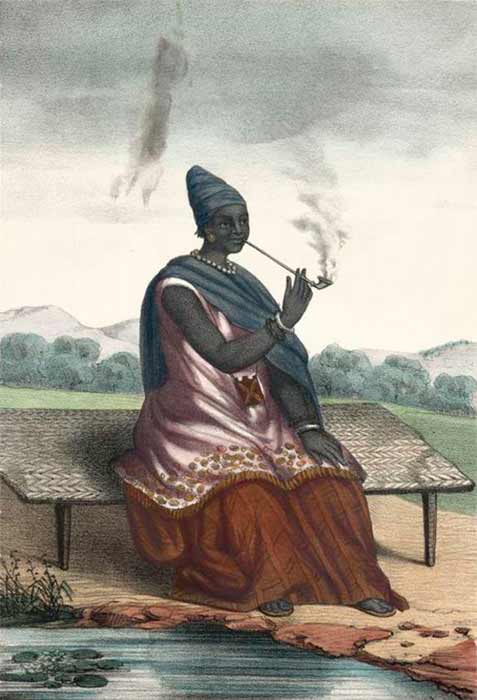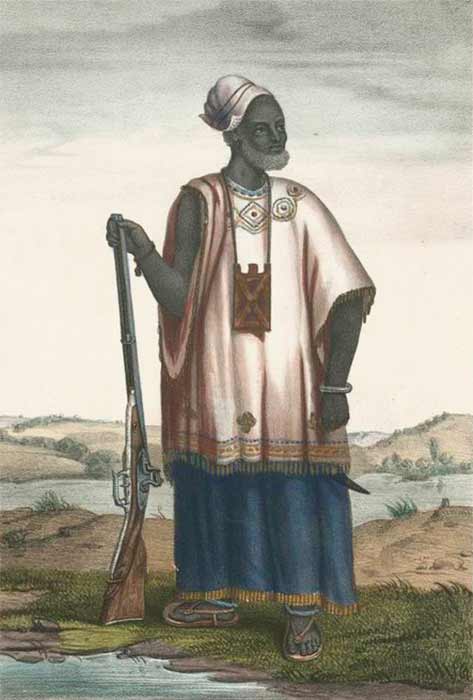
The Measure Of Ancient Mirrors: Planispheres, Phenakistoscopes And Telescopes
In some early texts concerning long-distance viewing, the term ‘mirror’ is used, but not as a device for simple reflection. Instead, the mirror takes on other powers, and the term seems to serve as some kind of metaphor for a fantastical device to view scenes remotely.

Johannes Hevelius observing with one of his telescopes (1674) (CC BY-SA 3.0)
Mirroring The Future
The Gesta Romanorum (Deeds of the Romans) is a collection of anecdotes dating from the late 13th or early 14th century. The work seems to have been written for the purpose of providing morality tales, as each anecdote or story in the text includes a heading referring to a particular moral virtue or vice — for example, de invidia. One of the tales in this book deals with the idea of viewing images at a distance in this context. A knight has married a woman who is unfaithful, but he is unaware of that fact; moreover, he is away from home, travelling in the city of Rome: “In the meantime, while the knight was passing through the main street of Rome, a wise master met him in the way, and observing him narrowly, said, “My friend, I have a secret to communicate.” “Well, master, what would you please to say?” “This day, you are one of death’s children, unless you follow my advice: your wife is a harlot, and contrives your death.” The knight, hearing what was said of his spouse, put confidence in the speaker”.

Gesta Romanorum, a manuscript from Upper Swabia in Germany (circa 1452) (Public Domain).
The story then turns to the device: “Then putting into his hand a polished mirror, [the wise master] said, “Look attentively upon this, and you will see wonders.” He did so, and the meanwhile the master read to him from a book. “What see you?” he asked. “I see,” said the knight, “a certain clerk in my house.”
The story goes on to recount how the knight is able to see that this clerk has murderous intentions. When the knight returns home, his wife denies that there is anything going on, but of course, he is able to describe the events in detail, as he has seen them in the magic mirror.
Tales Of Three Brothers And A Mirror
A technical idea — however fancifully expressed it may be — is embedded in a moral narrative, a pattern that occurs a number of times in early sources that include technological devices. In fact, the idea of viewing at a distance through the use of some device is a trope found in several early tales. The Aarne-Thompson index lists a tale, traditionally labeled AT 653A, entitled The Rarest Thing in the World: “A princess is offered to the one bringing the rarest thing in the world. Three brothers set out and acquire magic objects: a telescope which shows all that is happening in the world, a carpet (or the like) which transports one at will, and an apple (or other object) which heals or resuscitates. With the telescope it is learned that the princess is dying or dead. With the carpet they go to her immediately and with the apple they cure or restore her to life. Dispute as to who is going to marry her”.






